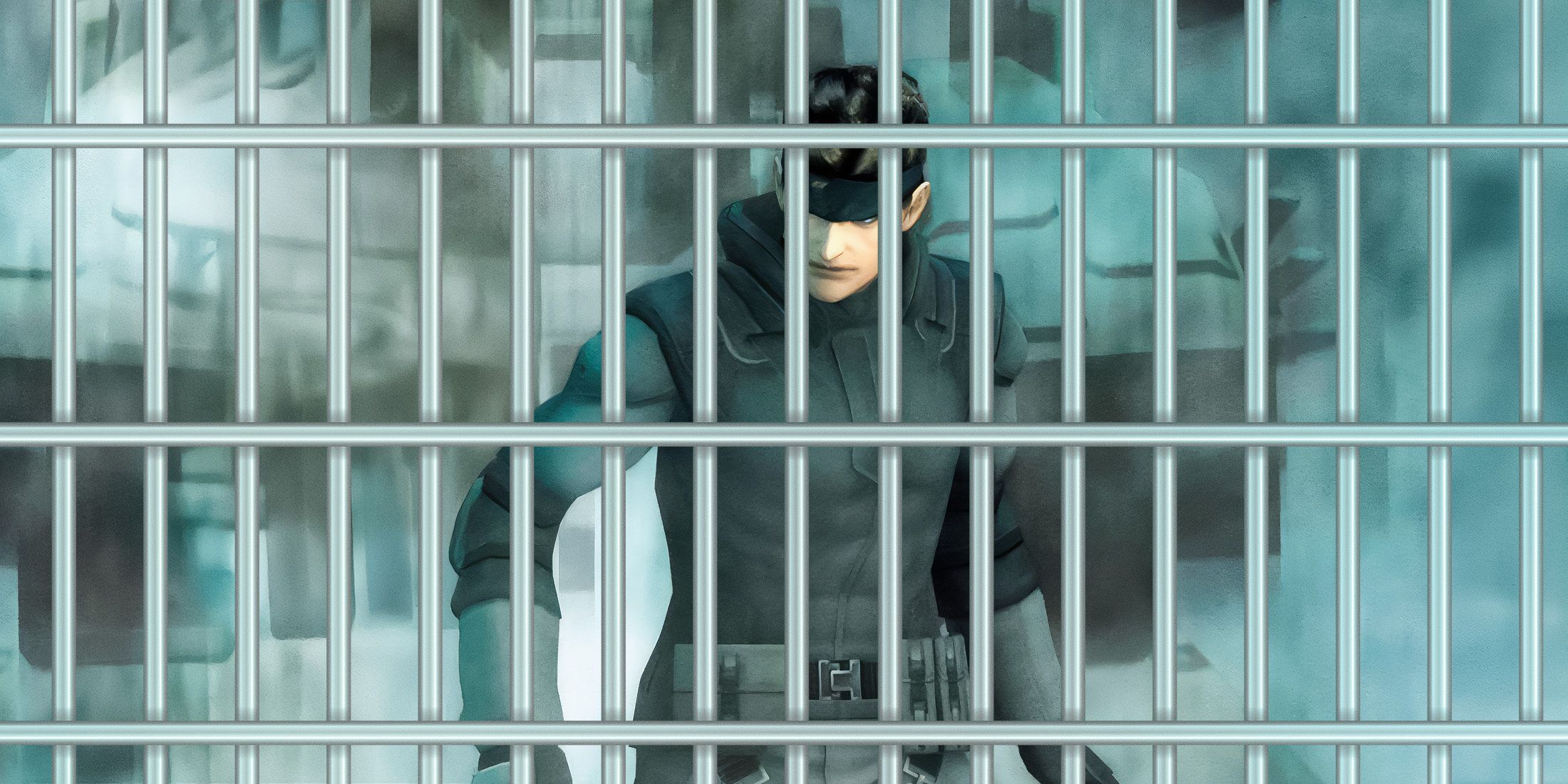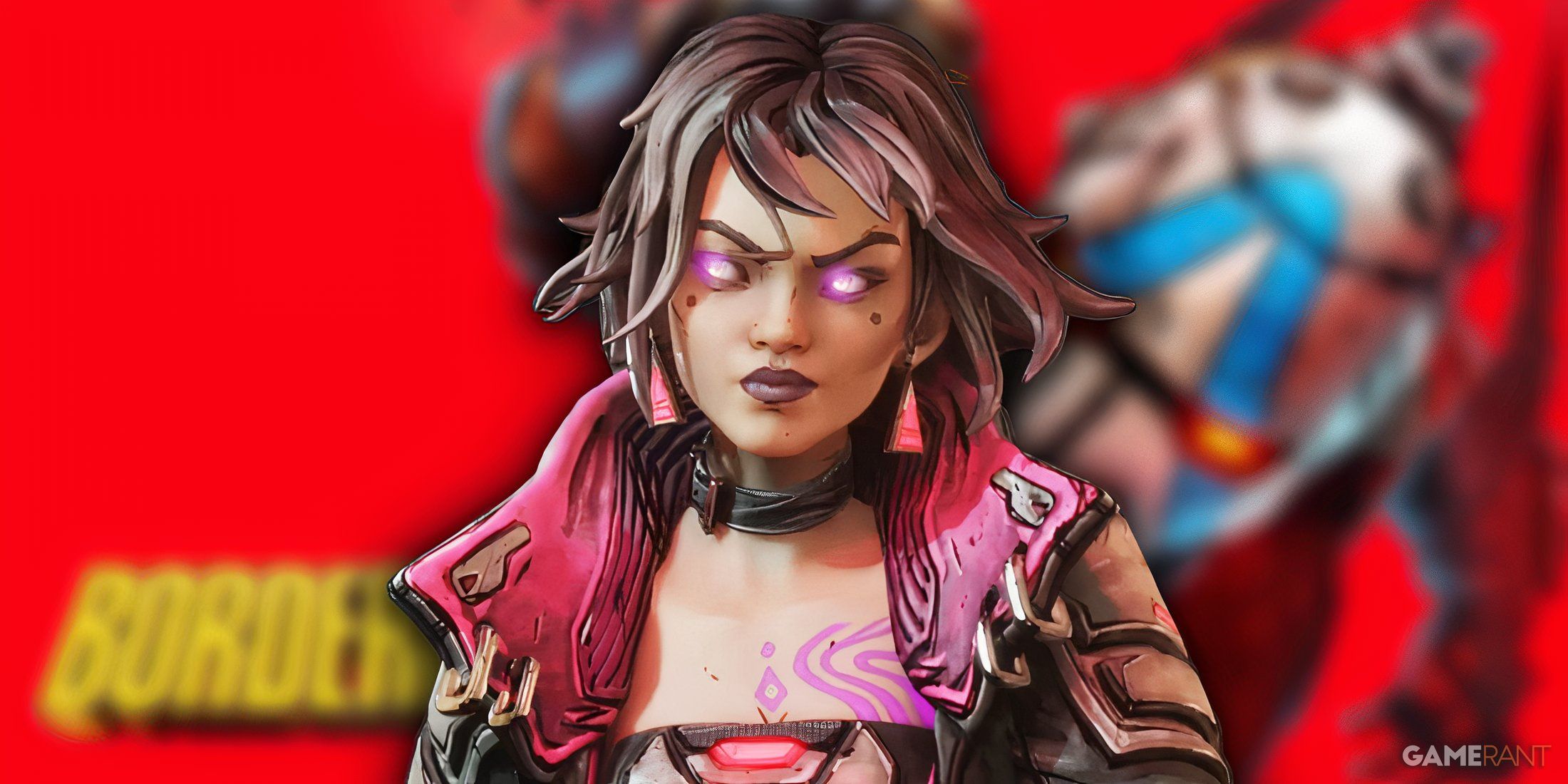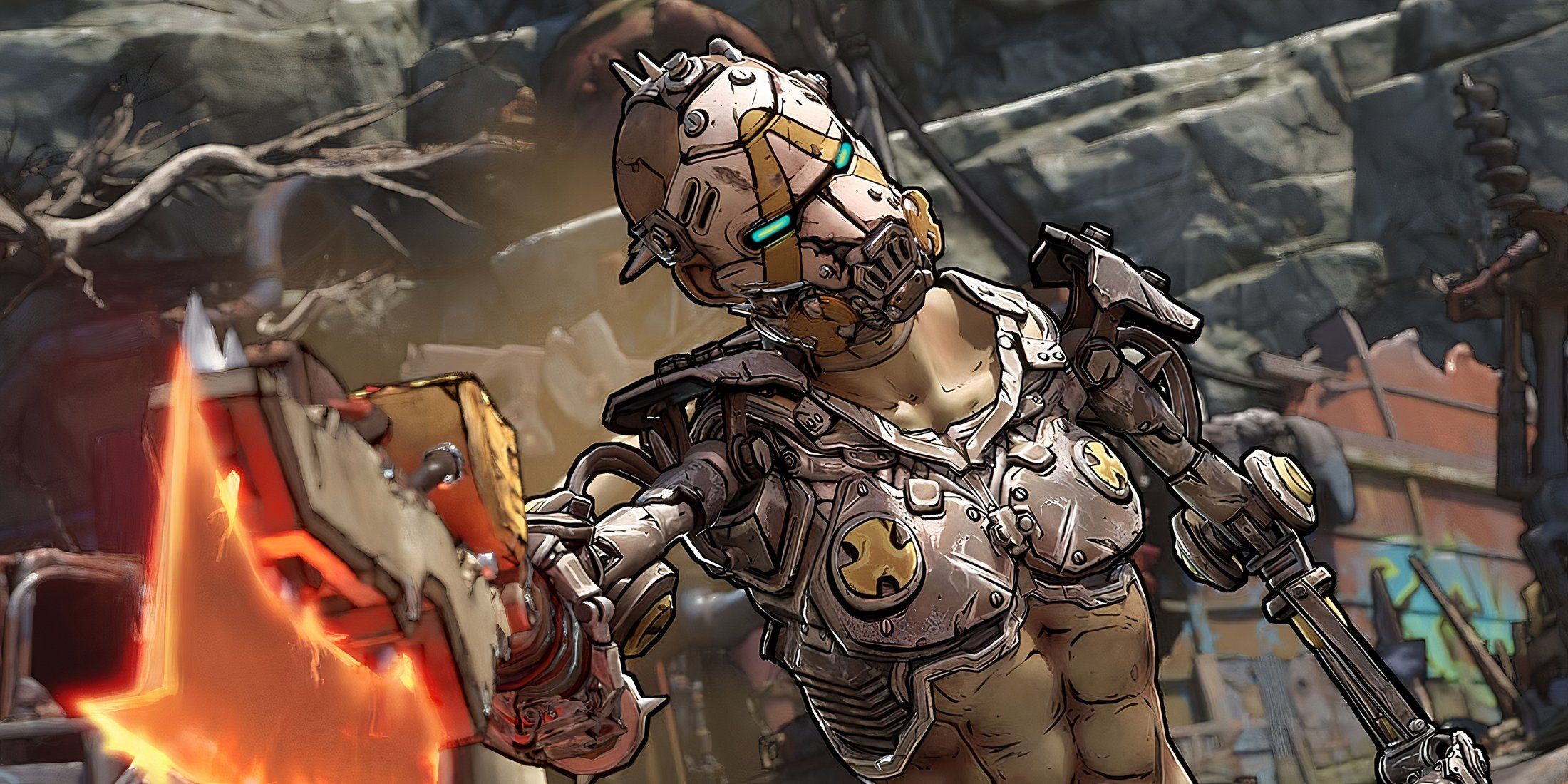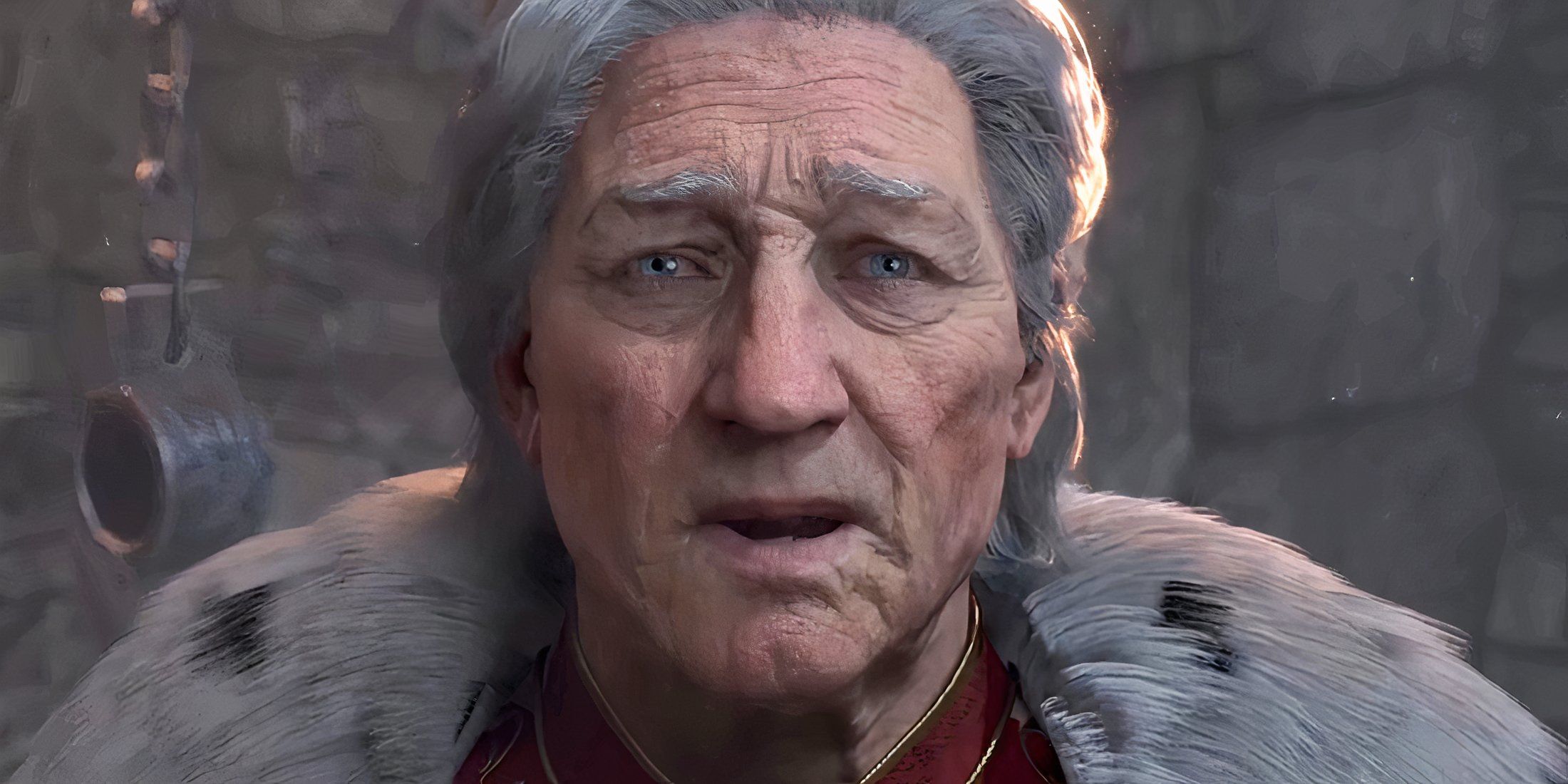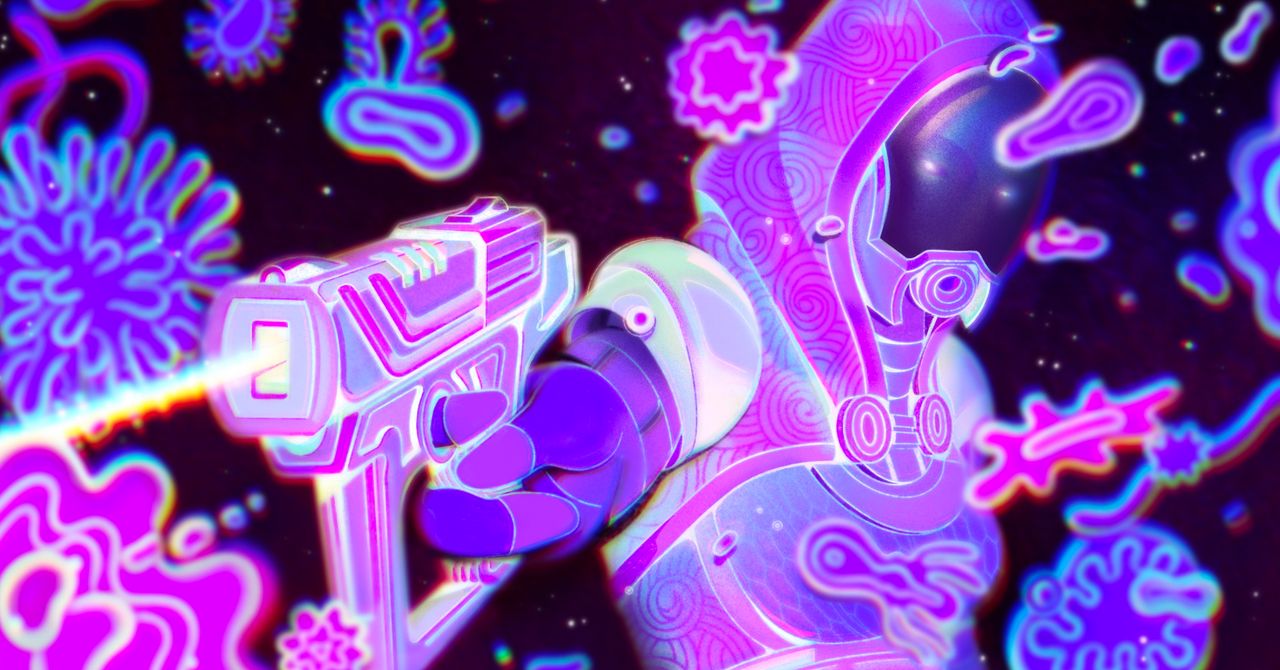
I had not yet received my double lung transplant when I first played Mass Effect, BioWare’s sprawling space opera shooter, in 2007. I had not yet started taking pills to quiet my own immune system when Tali'Zorah nar Rayya first graced my screen. Back then, I didn’t think twice about the Quarian engineer in the purple bio-suit, immunocompromised from a lifetime adrift in the stars, making her way through a galaxy teeming with alien bacteria and openly antagonistic to her continued health.
Over a decade later, though, things have changed. I am, quite literally, a different person. And so, when I started playing the Mass Effect: Legendary Edition remaster earlier this spring, I noticed the game in a brand-new way too. Tali was no longer simply an awkward and adorable ally, but a representation of my immunological disorder that I had never seen before. And she wasn’t the only avatar of illness, either: Throughout the decks of the Normandy, Mass Effect’s main spacecraft and home base across all three games, I saw reflections of myself. Not just in the diagnoses, hospital stays, and repeated check-ins with the ship’s doctor, but in the annoyance and resignation characters felt towards all that. In the sarcastic replies to invasive questions. In the anger and struggles and romance and joy—in the honesty of it all.
Mass Effect, I realized, was presenting an entire squad of disabled and sick and neurodivergent characters as fully formed individuals, as heroes and saviors of the galaxy. The game was showing the chronically ill in roles that I, and others like me, almost never get to see ourselves play.
Representations of chronic illness and disability are rare in pop culture—and doubly so in video games. Numbers are hard to pin down, but it’s estimated that about one in five gamers—or almost 50 million people—are disabled in some way. The number of AAA games that actually include disabled protagonists is of a significantly lower ratio. But the importance of actually seeing ourselves, especially in a positive light, simply cannot be overstated.
When our community, however you might define that, is reflected in the media we consume, “we feel validated, we feel seen, we feel that we are indeed a part of the society, and we matter,” says Yelizaveta Sher, director of psychiatric and psychological services at the Adult Cystic Fibrosis Program at Stanford University and Medical Center, in an email. In other words, for those of us who feel outcast and ignored, othered by our own bodies, seeing ourselves onscreen can help us appreciate ourselves in the real world too.
Sher adds that, especially now, in this time of Covid and mask-shaming, seeing immunocompromised heroes like Tali, and ones with respiratory illnesses, like Mass Effect 2’s wayward assassin Thane Krios, “helps to raise awareness and acceptance and create more empathy in others.”



